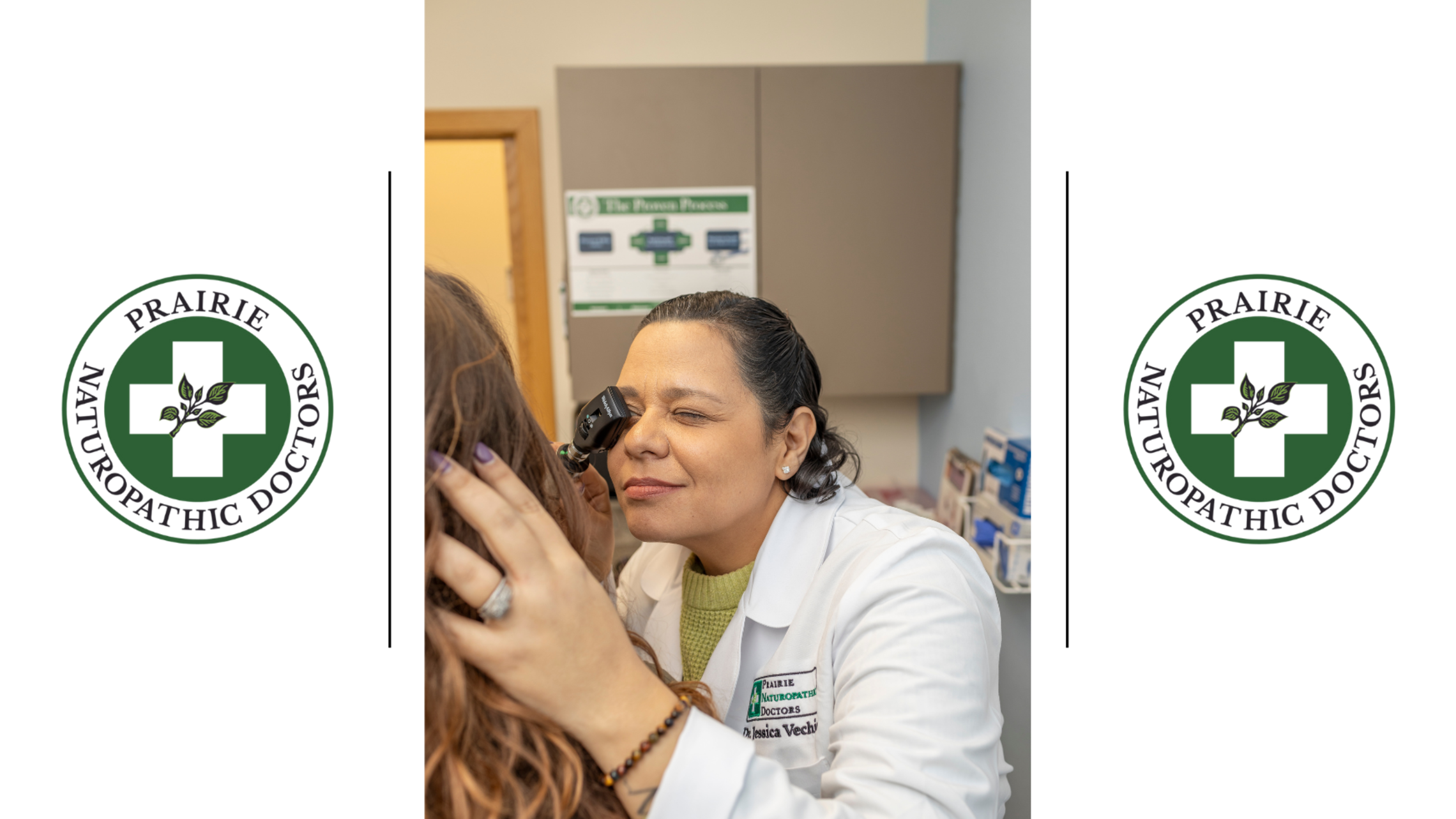Digestion and the Vagus Nerve

The vagus nerve serves as the primary carrier of sensory information and communication between our brain and our body. When something is happening within our body that requires a response from the brain, it’s the vagus nerve that is responsible for making sure the message is delivered. It also regulates our emotional resilience and our ability to relax. The gut, liver, heart, and lungs all receive signals directly from the brain by way of the vagus nerve. Accordingly, it affects many elements of our health, including:
- Digestion
- Immune system
- Cardiovascular system
- Mood
- Stress response
Today, we’re going to focus on the vagus nerve in relation to gut health.
How exactly are the brain and gut interconnected? It turns out that enteroendocrine cells lining the outside of the stomach possess little protrusions which act similarly to the synapses used for communication between neurons. These enteroendocrine cells connect up to the vagus nerve, which then connects right to the brain stem. It’s basically a direct neuron circuit from the brain to the stomach (and vice versa). This connection between the brain, the gut, and its microbiome is called the “gut-brain axis.”
Now, the gut is an extremely sensitive and very important organ when it comes to our interaction with the external environment. As a primary sensory organ (along with the lungs, throat, and heart), when we feel grief, trauma, fear, pain, or sadness, those feelings typically localize in our gut. The vagus nerve instantaneously relays a message to the brain, so that the system imbalance can be adjusted or corrected. Corrective measures include:
- Increasing stomach acid
- Increasing gut mobility (intestinal movement)
- Releasing pancreatic enzyme
- Releasing bile from the gallbladder
Any issue that disrupts the communication within the brain-gut-microbiome circuit can affect the whole system. Because they are so closely interconnected, both brain and gut are constantly firing messages back-and-forth to relay both physical responses to emotion and emotional reactions to changes in the microbiome, which is extremely affected by what we consume. For example, the majority of both the body’s serotonin and its dopamine are produced in the GI tract. To quote Hippocrates, “All diseases begin in the gut.”
Stress and trauma (particularly childhood trauma) can result in overstimulation or chronic weakness of the vagus nerve, resulting in disfunction of the nerve’s ability to relay messages. This can cause patients to suffer from conditions such as:
- Migraines
- Sleep disorders
- Autoimmune conditions
- Chronic digestive imbalance
- High anxiety
- PTSD
- Depression
- Inflammatory GI disorders such as Crohn’s disease and ulcerative colitis
The body’s “rest and digest” state is the physiologically opposite state of “fight or flight.” In other words, the parasympathetic nervous system is activated, rather than the sympathetic nervous system. In “fight or flight,” your body sets aside any systems whose functions hinder a sudden, extreme increase in energy, which allows the body to complete a challenging task (such as running from danger). In the “rest and digest” state, the heart rate and breathing are slowed, more saliva is produced, the digestive organs are stimulated to begin the digestion process, and hormones like insulin are activated so the body may metabolize its food and receive the proper nutrients for energy, growth, and repair of the body systems. Release of toxins and waste also occurs through elimination.
How can your naturopathic physician help you to heal your gut-brain axis? Gentle vagus nerve stimulation can be immediately calming and therapeutic. Some helpful practices include:
- Diaphragmic breathing
- Craniosacral therapy
- Acupuncture
- Massage therapy
- Abdominal massage
- Gentle resistance training or yoga
- Addressing mental health or past trauma through counseling
- Writing in a journal
- Laughter
During your evaluative session with your naturopathic physician, we will check in with you to see whether you are experiencing any indications of a gut health imbalance. If so, it is certainly possible that your vagus nerve requires some healing attention.
Build Health. Live Well.
Sources
- https://richmondnaturalmed.com/the-vagus-nerve-what-is-it-and-how-do-we-heal-it/
- https://ndnr.com/tag/vagus-nerve/
- https://ndnr.com/education-web-articles/therapeutic-psychobiotics-modulating-mood-and-more-via-the-gut-brain-axis/
- https://www.healthy-holistic-living.com/your-gut-is-directly-connected-to-your-brain-by-a-newly-discovered-neuron-curcuit2/
- https://www.drlaurendeville.com/articles/vagus-nerve-key-rest-digest/


